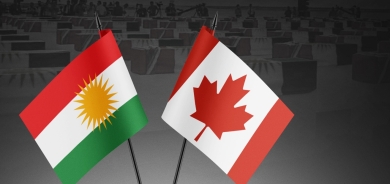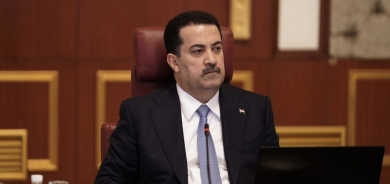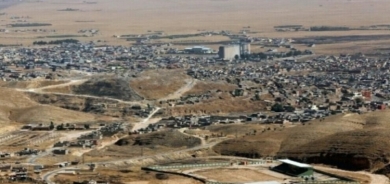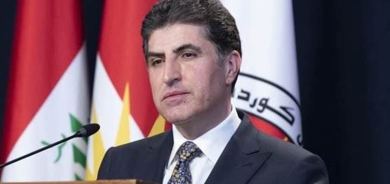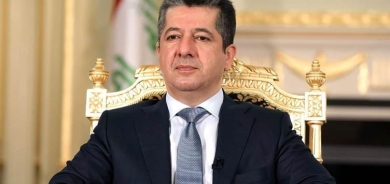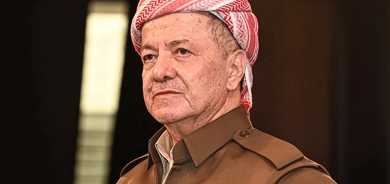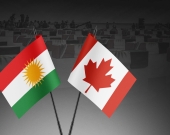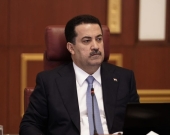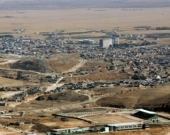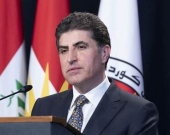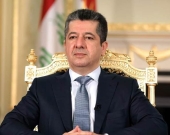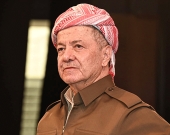Ukraine crisis: Pro-Russians flock to Crimea vote

Election chief Mykhaylo Malyshev said 44.27% had turned out after six hours, which he called "record-breaking".
A vast majority of voters interviewed by journalists backed secession. Many opponents are boycotting the vote.
Russian forces took control of Crimea in February after Ukraine's pro-Russian president was overthrown.
On the ballot paper, voters are being asked whether they would like Crimea to rejoin Russia.
A second question asks whether Ukraine should return to its status under the 1992 constitution, which would give the region much greater autonomy.
There is no option for those who want the constitutional situation to remain unchanged.
Some 1.5 million are eligible to vote, and the first results are expected to be released shortly after polling stations close at 20:00 (18:00 GMT).
Ethnic Russians make up 58.5% of the region's population and many of them are expected to vote for joining Russia.
Sergey Aksyonov, who was installed as Crimea's regional government leader after Russia's military takeover, said the people were voting freely.
"There are no problems at polling stations. I don't feel or see that any pressure is being applied," he told Interfax news agency.
One voter, Olga Koziko, told the BBC that she was voting for secession because she did not want to be governed by "those Nazis who came to power in Kiev".
"Russia will defend us and protect us," the schoolteacher said.
Away from the Crimea region, unrest continued in the south-east Ukrainian city of Donetsk.
Pro-Russian protesters stormed the prosecutor's building shouting "Donetsk is a Russian city", and then broke into the local security services headquarters for the second time in two days.
They later dispersed but promised to return on Monday.
The protesters are demanding that the prosecutor release a pro-Russian leader, Pavel Gubarev.
The Kremlin said President Vladimir Putin had told German Chancellor Angela Merkel by phone he was concerned by escalating tensions in Donetsk, blaming "radical groups" which had the consent of Kiev.
Mr Putin told Mrs Merkel that Sunday's referendum was legal and Moscow would respect the result.
The German chancellor's spokesman said she had proposed expanding the presence of international observers from the OSCE in easternUkraine and that Mr Putin had welcomed the plan.
Ukrainian Prime Minister Arseniy Yatsenyuk warned that the authorities would track down separatist "ringleaders".
"We will find all of them - if it takes one year, two years - and bring them to justice and try them in Ukrainian and international courts," he said.
In other developments:
Ukraine's acting Defence Minister Ihor Tenyukh said a temporary truce had been agreed with Russia until 21 March in which the blockade of Ukrainian military units in Crimea would be lifted
Kiev accused Russian forces of seizing the village of Strilkove, just north of Crimea, describing it as a "military invasion"
Russia on Saturday vetoed a draft UN resolution criticising the vote - the only Security Council member to vote against it.
Moscow's main ally China abstained, ensuring Russia's isolation.
The US and EU had warned they would impose further tough sanctions on Russian officials if the referendum went ahead.
The Crimean region was part of Russia until 1954 and Russia's Black Sea fleet is based in Ukrainian ports.
But Moscow has signed agreements promising to uphold Ukraine's territorial integrity.
BBC

